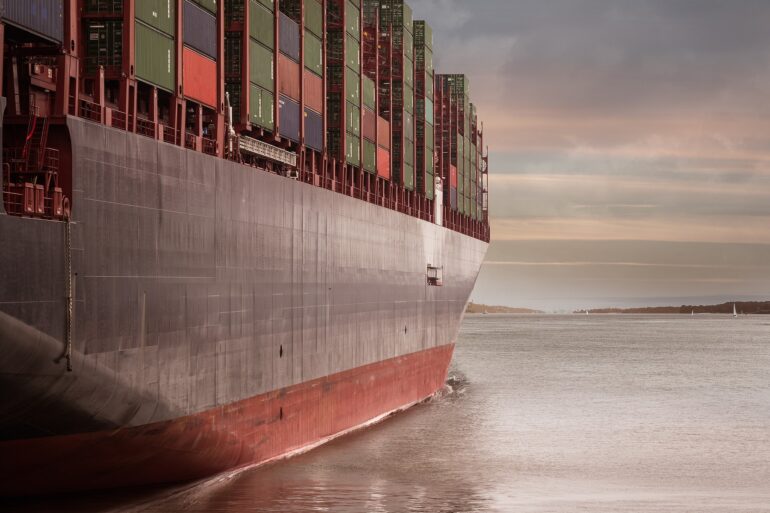TL;DR:
- Yara Marine Technologies, Molflow, and universities join forces to develop Via Kaizen, an AI-based semi-autonomous voyage planning system.
- The project aims to enhance digitalization and automation in vessel operations by utilizing pre-existing technologies.
- Extensive testing reveals that the system optimizes energy efficiency based on the estimated time of arrival.
- One trial vessel chooses to continue using the system due to its ability to provide valuable decision-making insights, leading to improved fuel efficiency and reduced CO2 emissions.
- The project has the potential to reduce carbon emissions, enhance vessel operations, fuel efficiency, and cut costs for ship operators.
- The integration of AI and machine learning in voyage planning contributes to addressing climate change and reducing fuel expenses in the shipping industry.
Main AI News:
In a groundbreaking collaboration, Yara Marine Technologies, Molflow, Chalmers University of Technology, Halmstad University, and Gothenburg University have joined forces to create and test Via Kaizen, an innovative AI-based semi-autonomous voyage planning system. Supported by funding from the Swedish Transport Administration Trafikverket, the Via Kaizen project leveraged existing technologies, including Yara Marine’s FuelOpt propulsion optimization system and Fleet Analytics performance management tool, as well as Molflow’s Slipstream vessel modeling system, to revolutionize digitalization and automation in vessel operations.
Throughout the development process, Yara Marine, Molflow, and Chalmers University meticulously analyzed prevailing work practices and user requirements to ensure that the technology streamlined processes and facilitated decisions that had the most significant impact on energy efficiency. The result of their efforts is a state-of-the-art AI-based semi-autonomous voyage planning system that was rigorously tested aboard a PCTC car carrier operated by UECC and a Rederiet Stenersen product tanker.
Comprehensive testing and analysis conclusively demonstrated that the new system could optimize energy efficiency based on the estimated time of arrival. In fact, one of the trial vessels decided to adopt the system permanently due to its exceptional ability to provide invaluable decision-making insights, resulting in heightened fuel efficiency and reduced CO2 emissions. This groundbreaking project has immense potential to curb carbon emissions in the shipping industry, enhance vessel operations and fuel efficiency, and significantly reduce costs for ship operators. It has the power to transform the shipping landscape, ensuring a more sustainable future for maritime transport.
Mikael Laurin, Head of Vessel Optimization at Yara Marine Technologies, commented on the project, stating, “The Via Kaizen project aligns perfectly with the current state of the shipping industry, where the convergence of digitalization, decarbonization, and crewing determines our success in combating climate change.” He further emphasized, “The integration of AI and machine learning in planning and predicting energy-efficient voyages holds immense significance for an industry striving to lower emissions while grappling with soaring fuel expenses.“
Conclusion:
The collaboration between Yara Marine Technologies, Molflow, and esteemed universities has yielded a groundbreaking AI-powered semi-autonomous voyage planning system. The successful trials and positive feedback from the trial vessels highlight the system’s capability to optimize energy efficiency and make informed decisions that enhance fuel efficiency while reducing CO2 emissions. This development signifies a significant step forward in the shipping industry’s pursuit of sustainability and cost reduction.
Ship operators now have access to advanced technology that can transform their operations, leading to improved market competitiveness and a more environmentally conscious approach. The market can expect increased adoption of AI and machine learning solutions as the industry seeks to navigate the challenges posed by climate change and rising fuel costs.

